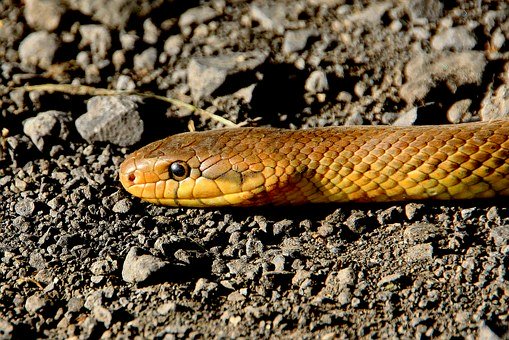|
WMTA Shares these commentaries, without taking a position unless otherwise noted, to bring information to our readers To view the archives of the Tax Foundation of Hawaii's commentary click here. Invasive Species Inspection Fee for Air-flown Commodities
by Tom Yamachika Hawaii is an island state that is home to a unique set of flora and fauna. It’s vulnerable to invasive species not only from foreign countries but also from the mainland United States, and our Department of Agriculture has traditionally worked hard to keep the bad stuff out. Little fire ants? Brown tree snakes? We don’t want them, but we do want tons and tons of goods from the mainland and from foreign lands. That’s why DOA has had in place a rigorous inspection program to scrutinize those shipments and, hopefully, catch any undesirable hitchhikers before they have a chance to damage our island ecosystem. In 2008, our lawmakers thought, sensibly enough, that the importers of freight should defray the costs of these inspections. They passed a bill imposing a fee of 50 cents per thousand founds of freight (increased in 2011 to 75 cents) that goes into a special fund called the “Pest Inspection, Quarantine, and Eradication Fund.” The fee is paid by the shipper, collected by the transportation company, and then paid over to the State. The fund pays for operating costs of pest inspection, quarantine, eradication, and monitoring programs and related purposes. But the fee is collected only on shipments by water. Why? In mid-2010, the Air Transport Association sued in federal court and petitioned the U.S. Department of Transportation to rule that the inspection fee was preempted by federal law, specifically the Airline Deregulation Act of 1978, 49 U.S.C. §41713, and the Anti-Head Tax Act, 49 U.S.C. §40116. (Because of the latter act, the U.S. Supreme Court felled the Hawaii Public Service Company Tax in 1983 as it applied to income from air transportation of passengers and cargo.) In 2012, the USDOT ruled that the inspection fee was indeed preempted. The State settled with the airline industry association and refunded the fees that had been collected. But then it looks like the State just gave up on the fees as they related to air freight. The USDOT ruling, however, suggested that it might be possible to structure the fees to fix the problem. An article published in 2013 in the American Bar Association’s Air and Space Lawyer, furthermore, outlined one possible fix. The fee would have to be (1) imposed by the airport operator, in this case the State; (2) wholly used for airport or aeronautical purposes; and (3) reasonable, nondiscriminatory, and not unreasonably burdensome to interstate commerce. Element (1) is already satisfied. Element (2) can be satisfied if a separate air cargo inspection program, different from the marine cargo inspection program, is established and paid for by the air carrier fees. DOA already has the air cargo inspection program in place, so establishing a separate fund to pay for it would seem to be an easy fix. Element (3) should be achievable if the DOA doesn’t get too greedy and periodically adjusts its fee levels to match costs. The State Auditor’s Report No. 18-15 (page 24) observed that the balance in its special fund for these operations has been slowly creeping upward, so some tweaks may be necessary to ensure that revenues and expenses are in balance. Lawmakers should give serious consideration to performing the fixes and working with USDOT and the airlines to pass and implement a legitimate inspection fee. Invasive species need to be caught and eliminated regardless of the means by which the species hitchhikes to Hawaii. It doesn’t seem fair that only one part of the transportation industry is paying to protect our islands while another part gets a free ride.
0 Comments
Your comment will be posted after it is approved.
Leave a Reply. |
If you wish to further discuss blog posts, please contat our office directly or contact us via Contact page.
Categories
All
|


 RSS Feed
RSS Feed